
Your Body's Silent Alarms: 9 Subtle Signals of a Heart Attack, Up to a Month Before It Strikes
Your Body's Silent Alarms: 9 Subtle Signals of a Heart Attack, Up to a Month Before It Strikes
In recent decades, scientists have recognized that heart attack symptoms can be quite different for women than for men. The journal Circulation published findings from a study of 515 women who had experienced a heart attack. Surprisingly, the most frequently reported symptoms didn't include chest pain. Instead, women often reported unusual fatigue, sleep disturbances, and anxiety. Nearly 80 percent of these women reported experiencing at least one symptom for more than a month before their heart attack.
Despite this, a survey published in the same journal found that only 65 percent of women said they'd call 911 if they thought they might be having a heart attack. Understanding these lesser-known signs is crucial.
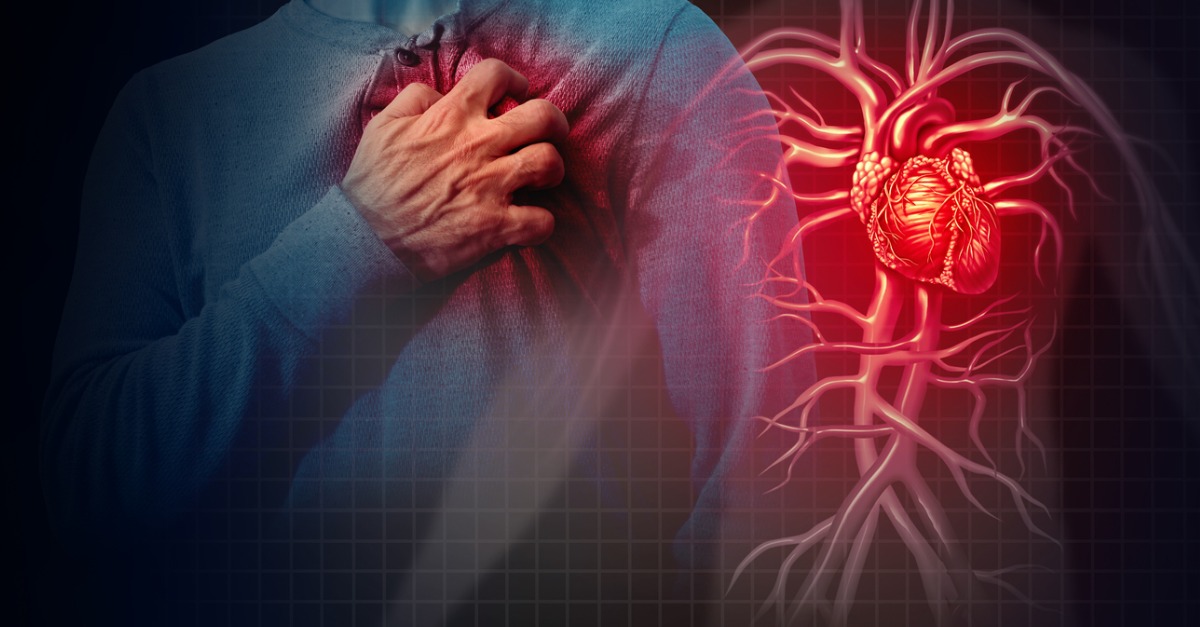
Key Heart Attack Symptoms in Women
If you're unsure, always get emergency medical care right away. Trust your instincts about what feels normal or abnormal for your body. If you haven't experienced these kinds of symptoms before, don't hesitate to seek help. If you're not comfortable with a doctor's conclusion, consider getting a second opinion.
Here are 9 important signals to watch for:
-
Unusual Fatigue Lasting for Several Days or Sudden, Severe Fatigue: Profound and unexplained fatigue, or a sudden and significant drop in energy levels, can sometimes be a critical warning sign of a heart attack in women.
-
Sleep Disturbances: Issues like insomnia, unusual restlessness, or frequently waking up during the night have been reported as warning signs in some women before a heart attack.
-
Anxiety: Some women may experience a sense of impending doom, intense anxiety, or a feeling that something is terribly wrong during a heart attack.
-
Lightheadedness: Feeling dizzy or faint is another symptom that may occur.
-
Shortness of Breath: Feeling breathless or having difficulty catching your breath can be a symptom of a heart attack, and this can occur with or without chest discomfort.
-
Indigestion or Gas-like Pain: Some women may feel nauseated or may vomit during a heart attack, which can easily be mistaken for other gastrointestinal issues.
-
Cold Sweats: Cold and clammy skin, along with unexplained sweating, can accompany a heart attack, especially in women.
-
Jaw Pain or Pain That Spreads Up to Your Jaw: Women may experience pain or discomfort in areas other than the chest, such as the neck, jaw, shoulder, back, or stomach. This pain may radiate from the chest and is often a more subtle symptom.
-
Pressure or Pain in the Center of Your Chest, Which May Spread to Your Arm: While chest pain is a common symptom in both men and women, women may experience different types of chest discomfort. It can be described as a squeezing, fullness, pressure, or burning sensation in the chest that may come and go.
Heart Attack Risk in Women Over 50
Women experience significant physical changes around age 50, often coinciding with menopause. During this period, levels of the hormone estrogen drop. Estrogen is believed to help protect heart health, so after menopause, your risk of heart attack increases. Unfortunately, women who experience a heart attack are less likely to survive than men. Therefore, remaining highly aware of your heart health after menopause becomes even more critical.
Additional symptoms that women over 50 may experience include:
-
Severe chest pain
-
Pain or discomfort in one or both arms, the back, neck, jaw, or stomach
-
Rapid or irregular heartbeat
-
Sweating
Understanding Silent Heart Attacks
A silent heart attack is just like any other heart attack, except it occurs without the usual, obvious symptoms. In other words, you may not even realize you’ve experienced one.
Research from Duke University Medical Center estimates that as many as 200,000 Americans experience heart attacks each year without even knowing it. Unfortunately, these "silent" events still cause heart damage and increase the risk of future attacks. Silent heart attacks are more common among people with diabetes and those who've had previous heart attacks.
Symptoms that may indicate a silent heart attack include:
-
Mild discomfort in your chest, arms, or jaw that goes away after resting
-
Shortness of breath and tiring easily
-
Sleep disturbances and increased fatigue
-
Abdominal pain or heartburn
-
Skin clamminess
After having a silent heart attack, you may notice more fatigue than before or find that exercise becomes more difficult. Regular physical exams are essential to stay on top of your heart health. If you have cardiac risk factors, discuss getting tests done to check the condition of your heart with your doctor.
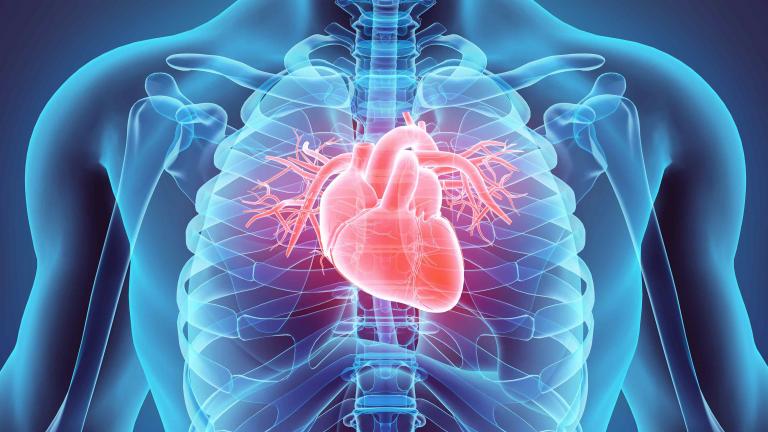
Prioritize Regular Checkups
By scheduling regular checkups and learning to recognize these symptoms of a heart attack, you can help lower your risk of severe heart damage. This proactive approach can significantly increase your life expectancy and overall well-being.
Do any of these subtle symptoms resonate with your personal experiences or concerns?
News in the same category

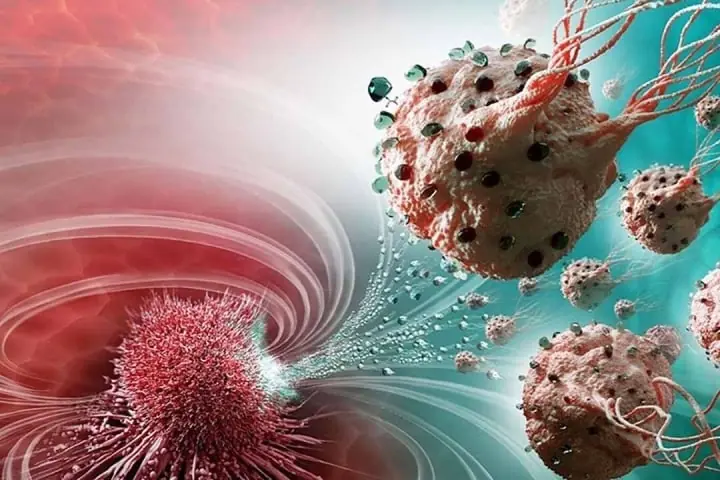
Diagnosed with Terminal Cancer, Preparing for the End – A Man’s Miraculous Survival Thanks to 3 Major Life Changes
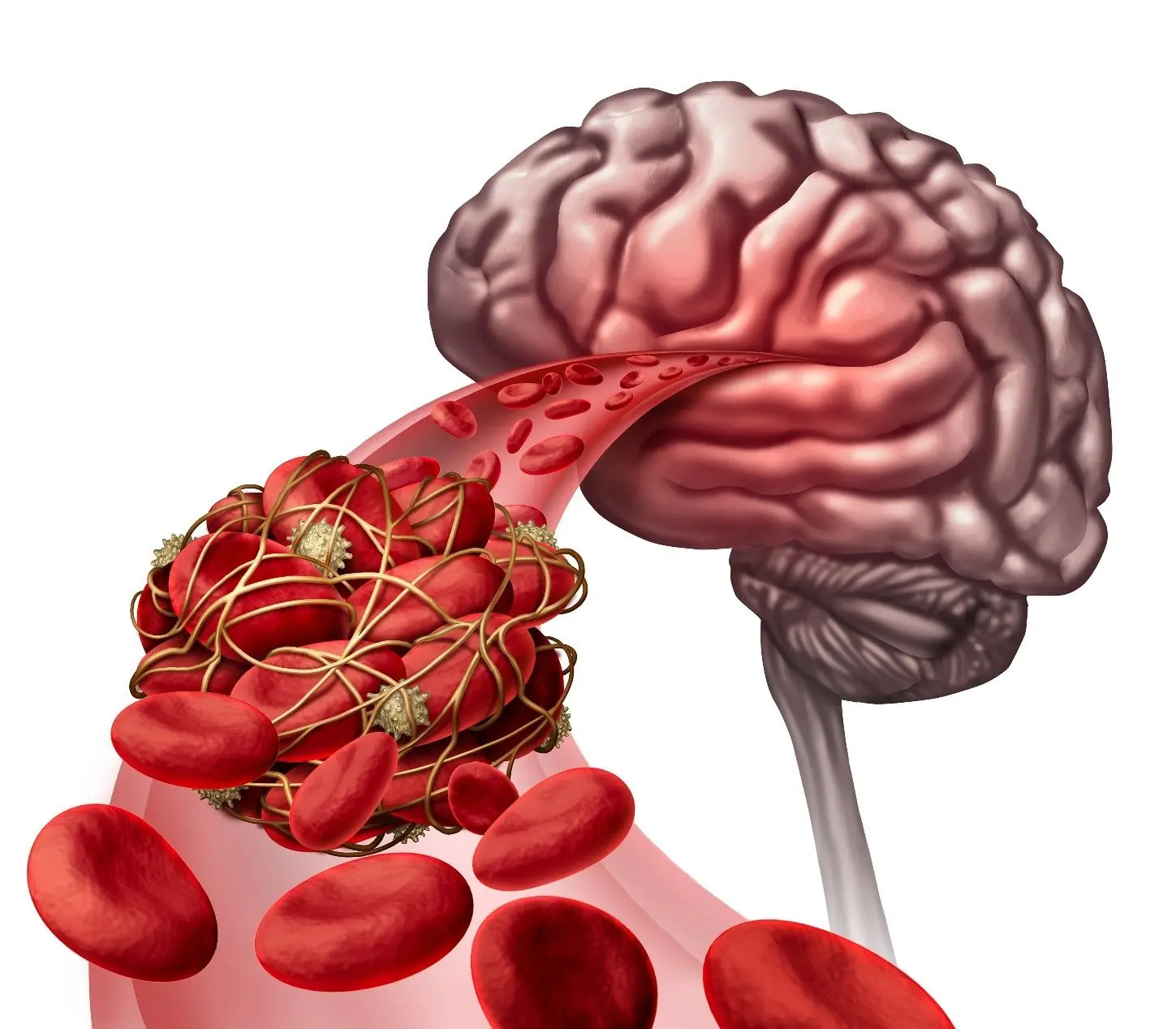
Warning signs of stroke 30 minutes before – remember them to save your life and your loved ones

31 Foods Experts Say You Should Avoid (Or Severely Limit)

Heart Surgeon Warns: 4 Foods and Drinks You Should "Always Avoid" to Protect Your Body

12-year-old girl dies of rare cancer—parents noticed worrying sign as she brushed teeth

Just Two Hours of Sitting in Silence May Spark Growth of New Brain Cells, Study Finds
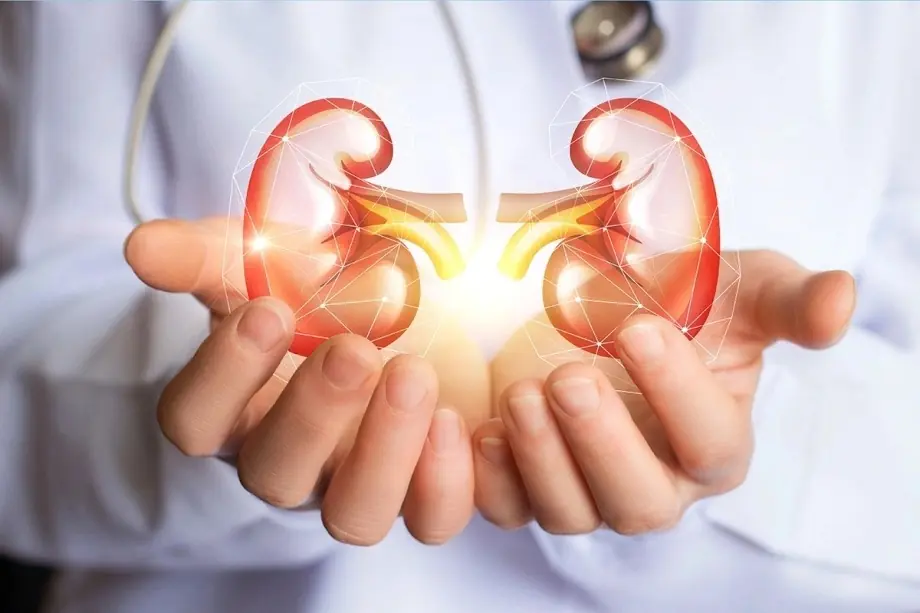
Rising Kidney Failure in Young People: One Harmful Habit Many Are Unknowingly Practicing
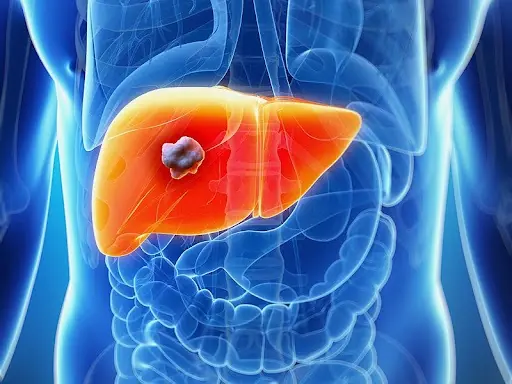
5 Early Signs of Liver Failure: Seek Medical Help Early to Prolong Life – Number 2 Is Especially Common

7 Health Problems That Can Happen If You Don’t Drink Enough Water
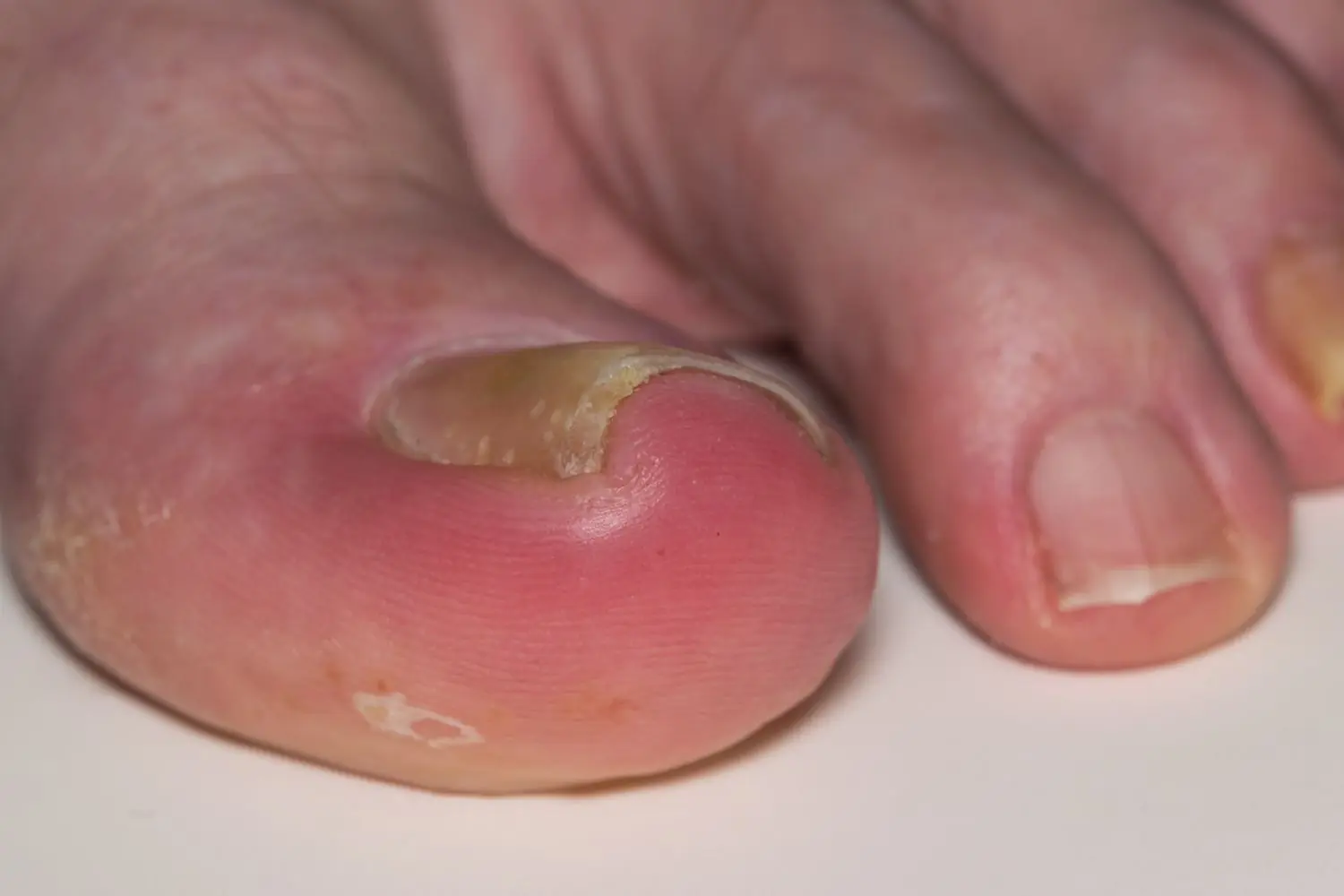
Home Remedies to Treat and Prevent Ingrown Toenails (Onychocryptosis)
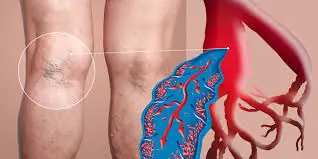
Blood Clot in Leg: Crucial Signs and Symptoms You Can't Afford to Ignore

20 Subtle Cancer Symptoms Many People Miss

Game Changer: New Urine Test Detects Pancreatic and Prostate Cancer Early with 99% Accuracy
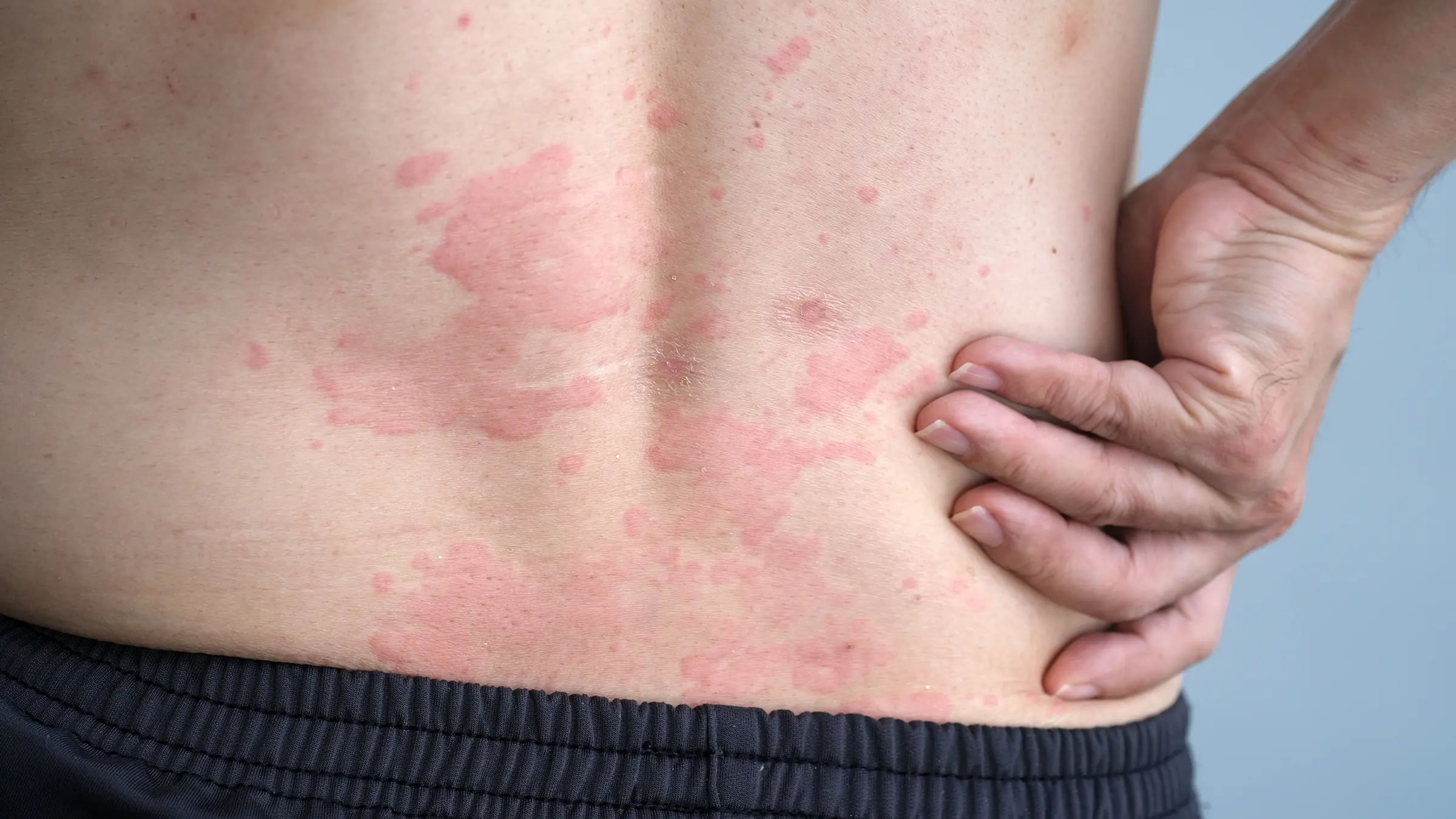
Surprising Triggers: What May Be Causing Your Hives (Urticaria)

The Truth Behind ‘Durex’: What Its Name Actually Stands For Has Stunned Many
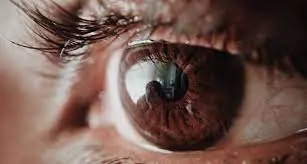
Your Eyes: Windows to Your Health – Uncovering Diabetes and Cancer Through Vision
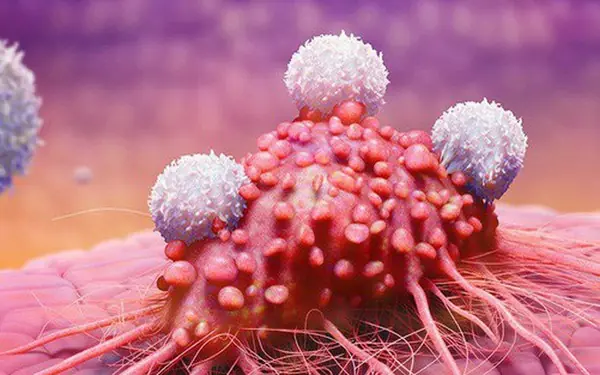
5 Early Warning Signs of Cancer in Children: Parents Must Know to Save Their Child
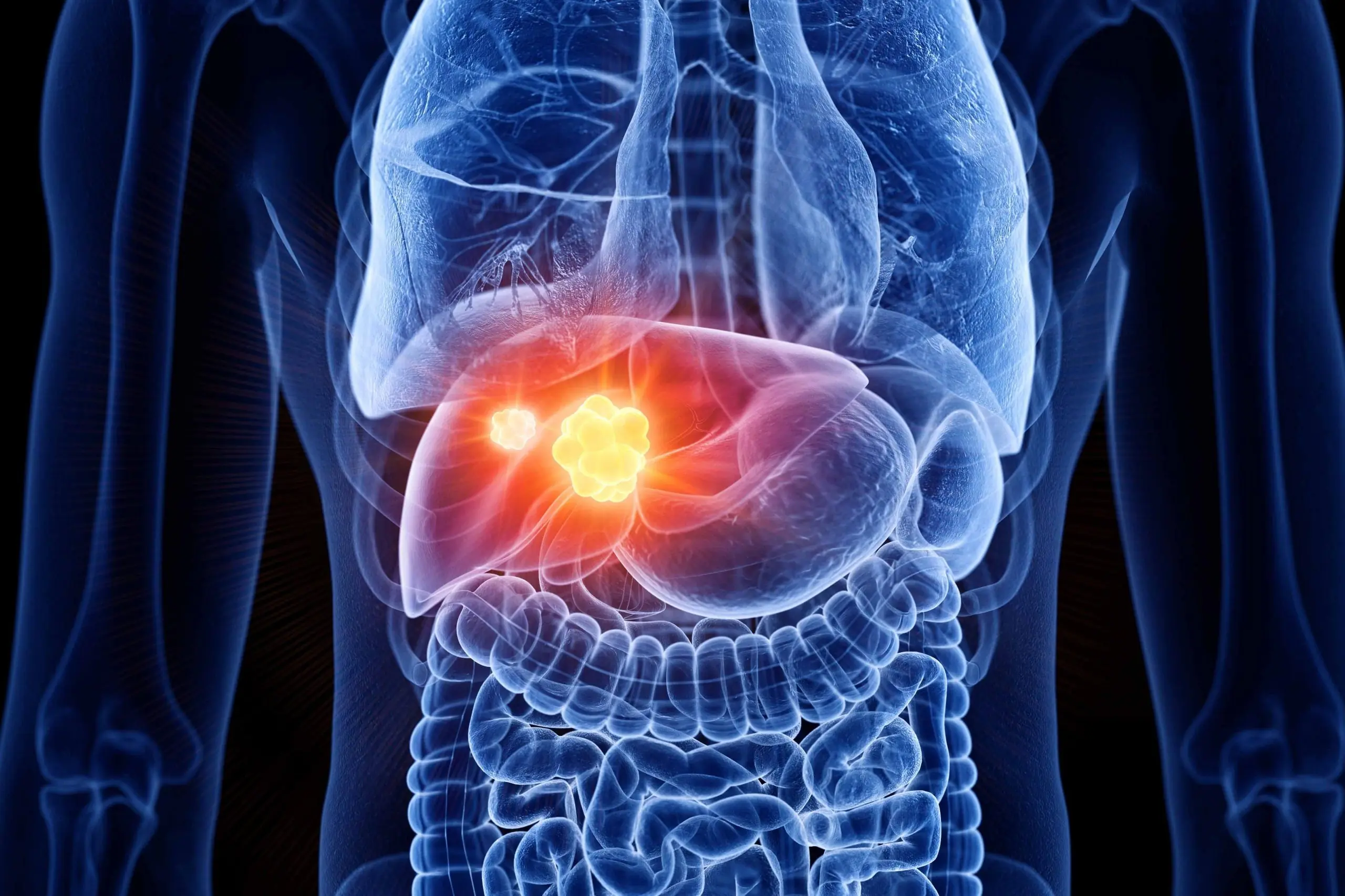
If Your Body Has a Bad Odor in These 3 Areas, It Could Mean Poor Liver Detox and Declining Function – Get Checked Before It’s Too Late!
News Post

100-Year-Old Doctor Reveals: 7 Daily Habits to Help You Live a Healthy Life

Diagnosed with Terminal Cancer, Preparing for the End – A Man’s Miraculous Survival Thanks to 3 Major Life Changes

Warning signs of stroke 30 minutes before – remember them to save your life and your loved ones

Researchers Discover Crows Hold ‘Funerals’ To Mourn Their Dead

China Unveils Terrifying Mosquito-Sized Spy Drone For Covert Missions

James Webb Telescope Unveils Uranus’s Hidden Features In Striking Infrared Photo

Microsoft’s AI Tool Is Secretly Capturing Screenshots Of Everything—Including Your Private Content

Live Plane Map Reveals Eerie, Skull-Like Shape That’s Making People Uneasy

China Begins Construction Of Massive 4.4 M Just Spectroscopic Telescope In Qinghai

Scientists Issue Stark Warning as Antarctic Ice Sheet is on Verge of Collapsing and Causing Irreversible Global Damage

New Study Suggests That Water Isn’t the Most Hydrating Drink

The Trans-Canadian Rail Route: An Iconic Journey Across Canada

Can You Spot the 6 Hidden Words in This Living Room Image?

31 Foods Experts Say You Should Avoid (Or Severely Limit)

Heart Surgeon Warns: 4 Foods and Drinks You Should "Always Avoid" to Protect Your Body
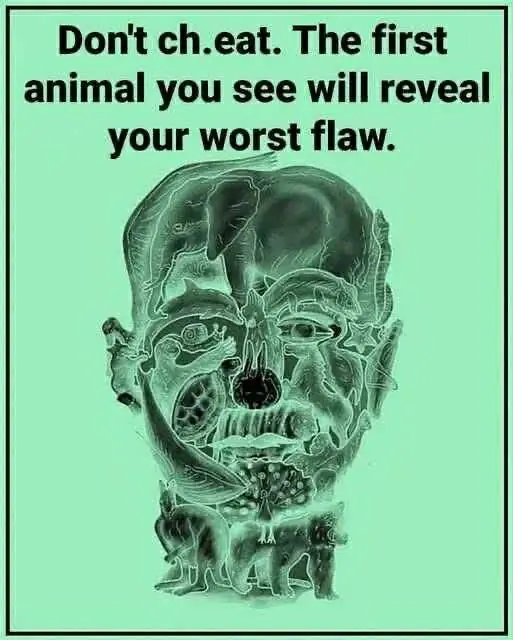
The first animal you spot in this visual reveals your ‘worst flaw’

Nature’s Secret Superfood: Why Purslane Is the Game-Changer Your Health Needs 🌿

🚫 Say Goodbye to Weevils: Easy Tips to Keep Your Beans and Rice Safe
